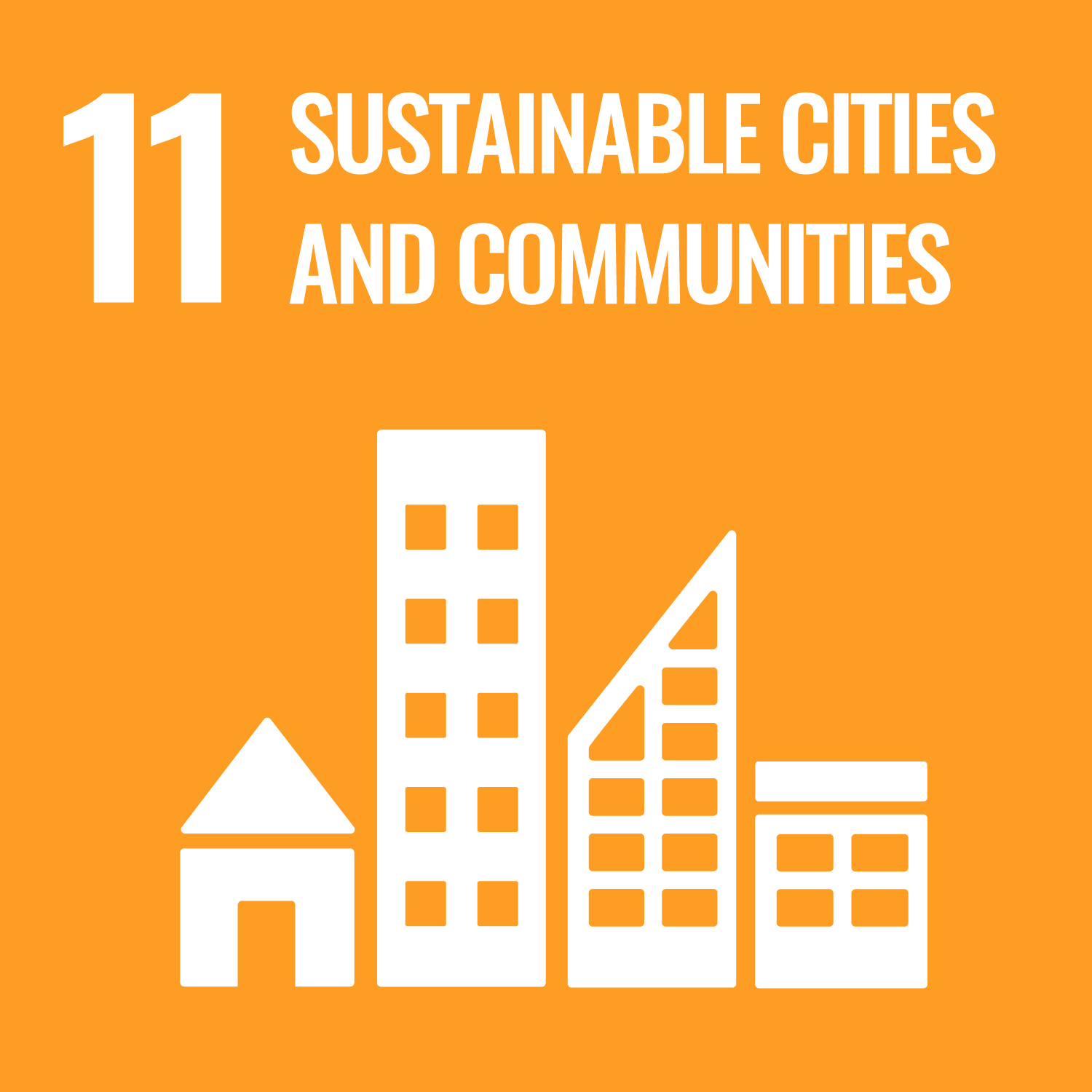Mainstreaming EbA – Strengthening Ecosystem-based Adaptation in Planning and Decision Processes

OBJECTIVES
Strengthen the ability of decision-makers at international, national and local level to mainstream EbA into policy and planning processes.
DESCRIPTION
TARGETED BENEFICIARIES
Decision-makers and technical support structure responsible for mainstreaming and implementing adaptation policies, in ministries and downstream agencies at national and, where appropriate, subnational levels.
HIGHLIGHT ACTIVITIES
- Development and workup of concepts, methods and instruments for mainstreaming
- Technical inputs in the context of UN negotiation processes (UNFCCC / CBD)
- Advice on political processes in the IKI partner countries (pilot projects, trainings)
- Knowledge exchange to EbA policy advice and implementation experience within the framework of international expert networks (EbA CoP)
PUBLICATIONS
- GP Mainstreaming EbA Publications
- GP Mainstreaming EbA Basic terms
- GP Mainstreaming EbA Project facts
- GP Mainstreaming EbA Community of practice
- Publications – Adaptation Community
- Trainings filter results – Adaptation Community
- Online Sessions – Adaptation Community
VIDEO
SUCCESS STORIES
EbA CoP
The EbA International Community of Practice, with more than 400 members from around 30 countries and 80 organisations, facilitates dialogue, discussion and exchange of best practices. This enables knowledge transfer and mutual learning beyond projects, institutions and regional boundaries in the field of EbA planning and implementation. In 5 annual workshops, 7 EbA Knowledge Days, +20 webinars and other forms of exchange, EbA CoP members received up to date information and an open space to connect with peers as well as to develop new, innovative ideas.
Members of the community include representatives from national governments, international organisations, civil society and research institutions. Hence, a broad range of stakeholders are encouraged to mainstream EbA into national planning and decision-making processes. Examples of such mainstreaming processes can be found in the EbA Entry Points study.
This helped anchor EbA in international UNFCCC and CBD processes; and in countries like Mexico, to develop an implementation strategy for the EbA action line in the NDCs. In parallel to the global EbA CoP, national EbA CoPs now exist in the Philippines and South Africa, to inform national policies on climate change and biodiversity conservation.
The Community of Practice of the Global Project “Mainstreaming EbA” was seen as “one of the best ways and most powerful tools for EbA mainstreaming”, notably a safe space in which to develop one’s own capacities, to receive information and to catch up with new trends.
EbA Training
Insert story (200 words max.): Targeted knowledge brokering has supported the mainstreaming and implementation of EbA in policy and practice in various partner countries.
Over 320 participants joined 18 trainings in Germany, Peru, Mexico, Colombia, Jordan, the Philippines, Italy and Thailand. More than 20 webinars attracted around 1900 participants from more than 45 countries. Furthermore, the project regularly contributes to (virtual) events, offering sessions on EbA-related topics such as EbA and Integrated Water Resource Management in collaboration with GIZ-internal and external partners.
Hands-on publications and webinars on EbA-relevant topics are provided and promoted in various contexts related with NDC and NAP development and sector outreach. The topics reflect the needs of partner countries covering entry points for EbA, governance, risk assessments, finance instruments, assessing ecological, social and economic benefits, M&E, green-grey infrastructure solutions, national Communities of Practice and engagement with the insurance sector.
Background information on EbA mainstreaming is constantly available online in high quality for EbA stakeholders on a global scale using platforms like AdaptationCommunity.net, PANORAMA Solutions as well as social media. Capacity building measures are offered on demand, resulting in the sustainable anchoring of EbA in different country contexts. Currently, an e-learning course on EbA is under development to increase outreach and mainstreaming of the topic.
From EbA practitioners:
“Professionally planned and implemented. The acquired knowledge could immediately be transferred into the day-to-day work.”
“The training made me realize the importance of using climate data in e.g. habitat restoration activities and planning. Also, it enabled creative thinking in terms of ecosystem services, which are provided and the way of integrating these into planning (e.g. rainwater catchment, reuse of water).”
COUNTRY
Global
DURATION
01 Jul 2015 - 31 Dec 2022
Commission Agency
BMUV
SDG




